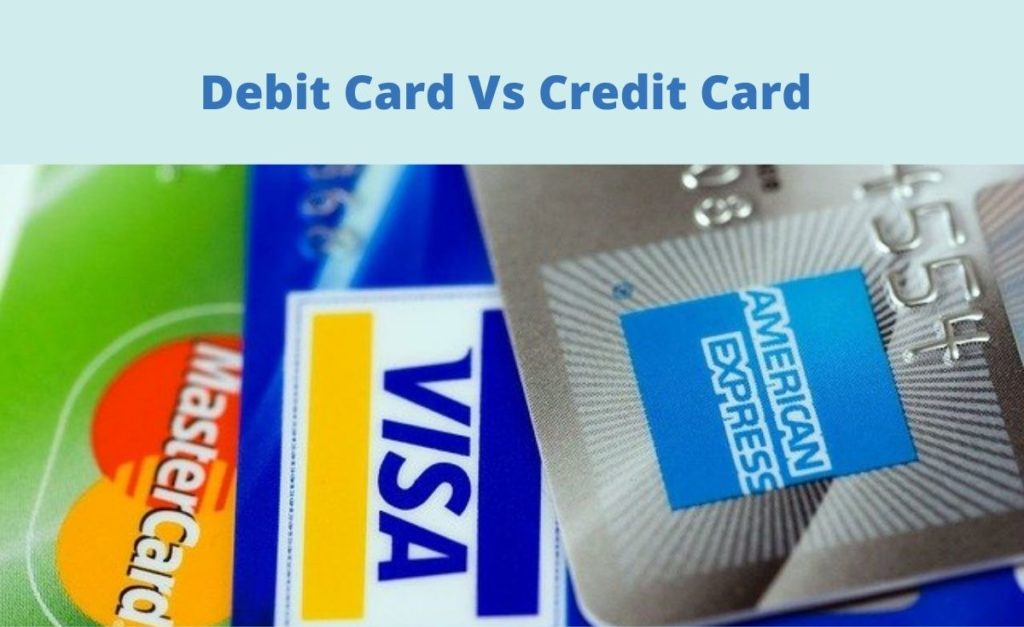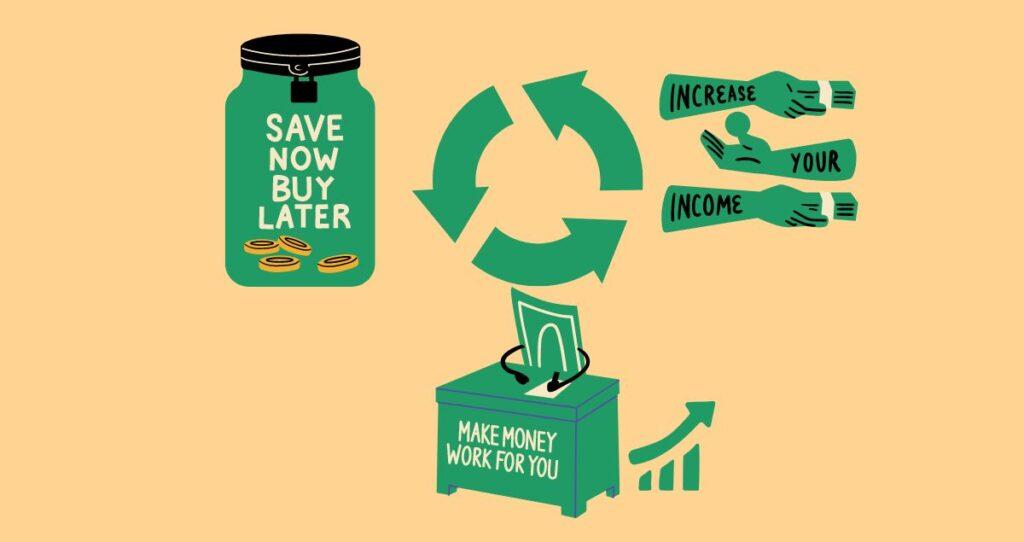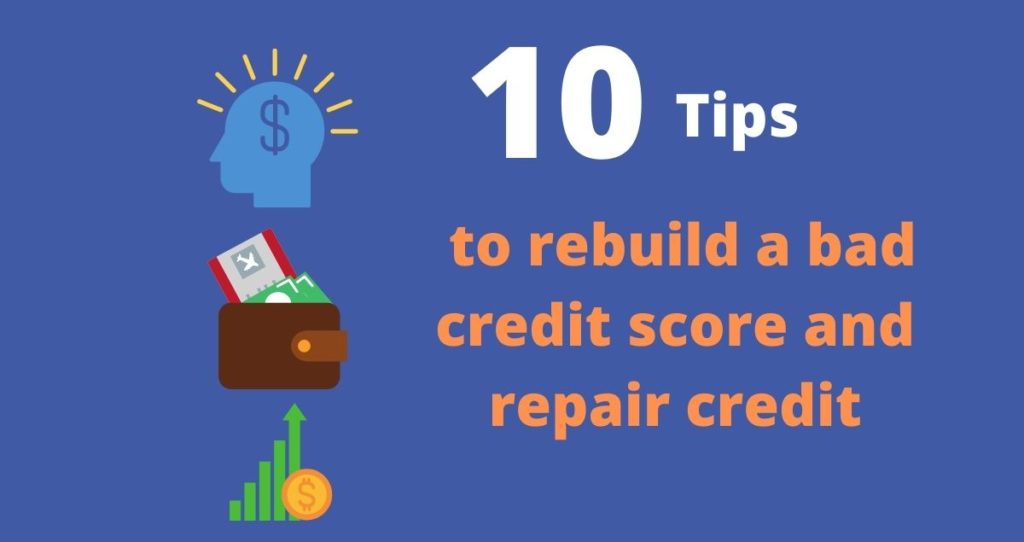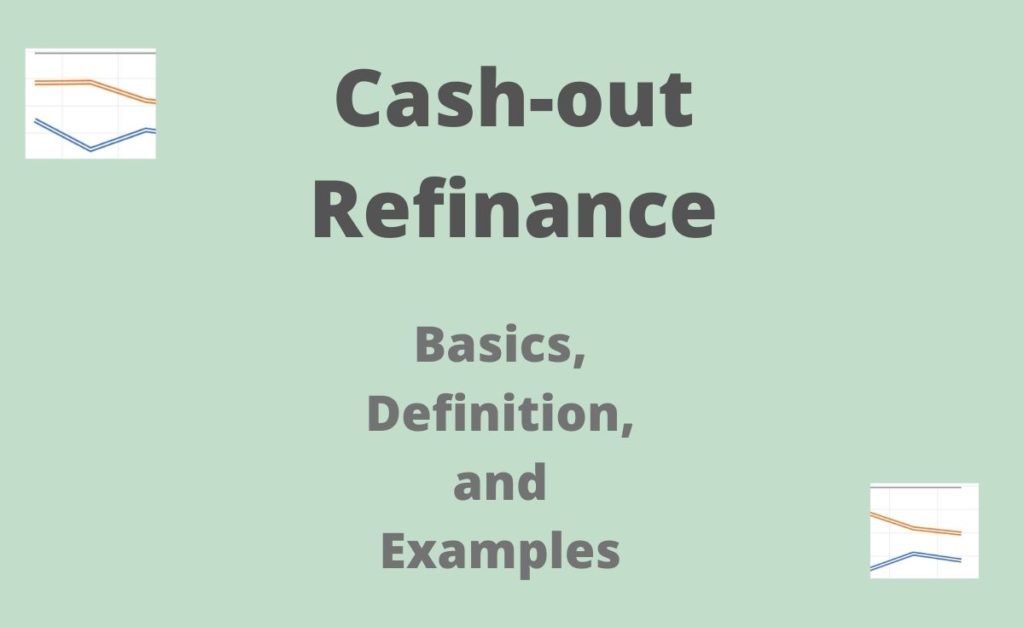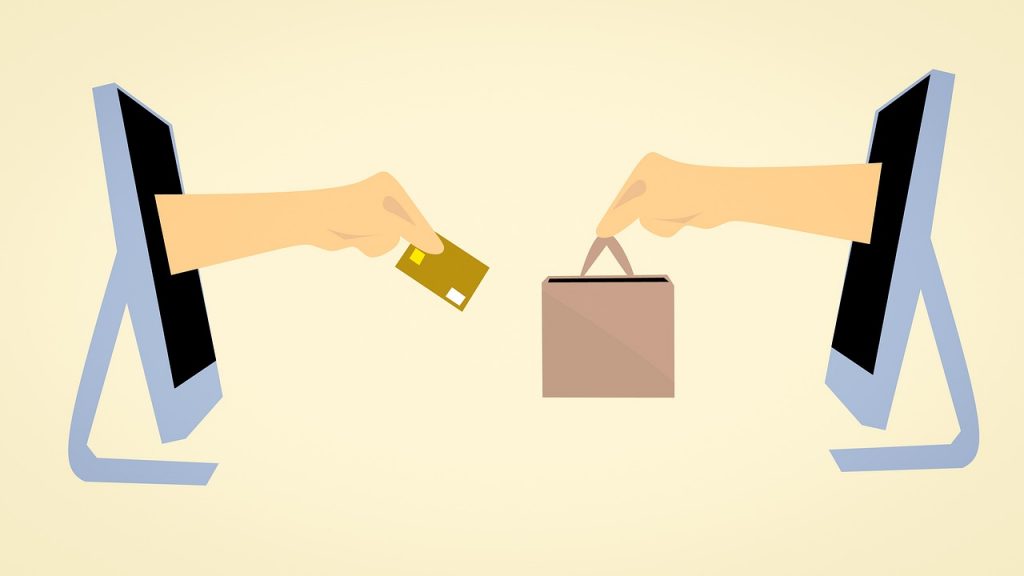What is the difference between a debit card and a credit card? Millions of consumers spend millions of dollars every single day using debit cards and credit cards. Unfortunately, a few of them know the difference between these types of cards. Even if credit cards and debit cards look similar and can sometimes be provided by the same company, they are not the same.
Credit cards and debit cards offer their users the luxury of making transactions without using physical cash. However, their transactions are handled differently and the money you spend on each card comes from different places.
If you wanted to know the difference between a debit card and a credit card, you have come to the right place.
What is a credit card?
A credit card is a card that allows you to borrow a limited amount of money known as a line of credit to cover your expenses. According to US banks, the borrower must pay this amount back in the future together with associated interest, charges, and fees. When you make a purchase, the credit card provider pays the merchant and bill you later. That is you are purchasing goods using borrowed money.
As noted by the balance, credit card transactions get verified by the credit card payment network. This network is made of Discover, VISA, MasterCard, and American Express. Among these four entities, two of them (Discover and American Express) offer credit cards and verify their transactions at the same time.
With a credit card, you must make a minimum monthly payment which is calculated based on how much you have borrowed during that payment period. Interest and fees could also be applied for late payments.
Related: 8 Things to know before getting a credit card
what is a debit card?
A debit card is a card that allows you to use some or all the money you have in your checking account. These cards are issued by banks, credit unions, and other financial institutions.
The debit card user must deposit the money in their accounts in advance before making purchases. Without money in your account, you cannot make purchases. According to the payment depot, your information is sent to your banks for verification and security check, after swiping your debit card. If you have enough money in your checking account to make a purchase, your transaction will be accepted. Otherwise, your debit card will be denied.
Since the money you spend from your checking account is yours and not borrowed; there will be no interest or fee associated with transactions you make with a debit card, according to Credit Card Processing. If you run out of money in your checking account, you will not make additional purchases.
Most debit card providers apply an overdraft fee on your account when your balance gets lower than zero or becomes insufficient based on the terms of their services. For example, Wells Fargo charges $35 per item on consumers checking accounts overdrafts.
What is the difference between a debit card and a credit card?
Now that you know what credit and debit cards are, it is time that you learn the difference between these two famous cards.
The following are the differences between a debit card and a credit card.
| Credit Card | Debit Card |
| Come with a line of credit (Credit Limit) | The amount on the card is equal to what you deposited |
| It is a form of loan | It is not a form of loan |
| Comes with an annual interest rate (APR) | Does not come with an interest rate |
| Require a minimum monthly payment (if there is a balance on the card) | No monthly payment required |
| Come with a lot of fees and other charges | Some banks charge an overdraft fee |
| You can get a cash advance/balance transfer (fee will be applied) | You can withdraw or deposit money without charges |
| Line of credit can be increased automatically by the lender or if you ask for an increase (lender still checks your qualifications) | The money on the card will increase only if you deposit more |
| Requires signature or Zipcode when using the card | Usually requires a PIN and sometimes signatures |
| Offered by banks, credit unions, lending institutions | Issued by banks, credit unions, and lending institutions |
| It is tied with a credit line | Tied with a checking account |
| Activities on the card will affect your credit score and credit history | Activities on the card will not affect your credit history or credit score |
| The amount used must be paid in the future | The money you spend is yours. So, there are no future payment requirements |
| Some cards come with points, discounts, cash backs, and sign-up bonuses | Debit cards do not come with cash backs. However, they may come with sign-up bonuses, referral, or other promotional discounts |
Should you get a debit card or a credit card?
Credit cards and debit cards help and affect their users differently. The card you choose will depend on what you intend to use it for.
If your intentions are to build credit, improve your credit score, use it for travels, shopping, etc. a credit card could be good for you. Keep in mind that the money you spend on the credit card is a loan and will be paid based on your card provider’s terms. Without using credit cards wisely, you could end up in financial distress.
On the other hand, if you are not interested in building a credit history, credit score, use for normal expenditures, etc. a debit card could be a good choice. Keep in mind that debit cards will not come with other benefits besides safety and the chances to use money in the account at your convenience.
